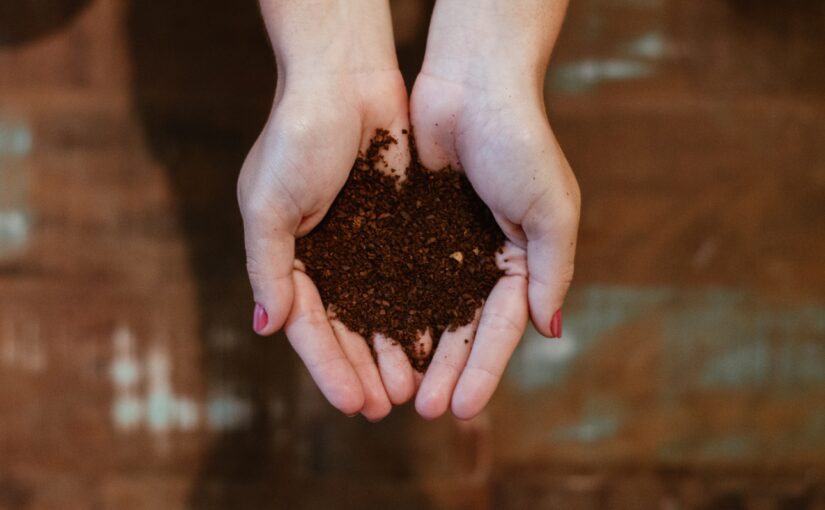I learned about Natural Organic Reduction (=human composting)
Photo by Gabi Miranda on Unsplash
The Northwest Flower & Garden Festival was full of garden and plant lovers. Located just an aisle away from the main stage, our Ikebana International Seattle Chapter 19 booth was attracting many visitors.
“How beautiful!” “Oh, I want to learn Ikebana myself, too!” Such words always fuel us volunteers with more passion to serve those visitors with creative flower arrangements to be displayed at the booth.
I was assigned to be sitting at the booth as a host from 6 to 8 pm. Since I got a one-day ticket, I went to Seattle Convention Center early afternoon, so I could walk through the entire event floor before my shift.
Dream gardens with waterfalls and rock patios, many house plants displays, rows of flower bulbs for sale… It was a challenge not to open my wallet compulsively whenever I encountered unique foliage and blossoms. (I bought a couple of bulbs of two types of lilies, Star Gazer and Casablanca.)
My highlight of the day, however, was that I learned about natural organic reduction, a fancy term for human composting.
A Seattle-based startup called Recompose had a small booth. They didn’t have any sample products to try or fancy-looking tropical plants on the booth. Instead, there was a simple circular diagram with a photo of the forest on the panel.
Next to the diagram, there was a US map with Washington, Oregon, California, Colorado, and a couple of states on the east coast highlighted in green. Intrigued, I stopped by and started listening to the person at the booth talking.
According to the salesperson, these states have legalized human composting so far, and many more states are considering it.
The brochure of Recompose says, “For every person who chooses Recompose over conventional burial or cremation, one metric ton of carbon dioxide is prevented from entering the atmosphere.”
My body is nothing more than an accumulation of what I eat. After my death, my body returns to the soil as fertilizer. Not a bad idea.
I’m not ready to rewrite my will yet, but this encounter has ignited my interest in my “Ecological Death Care.”
